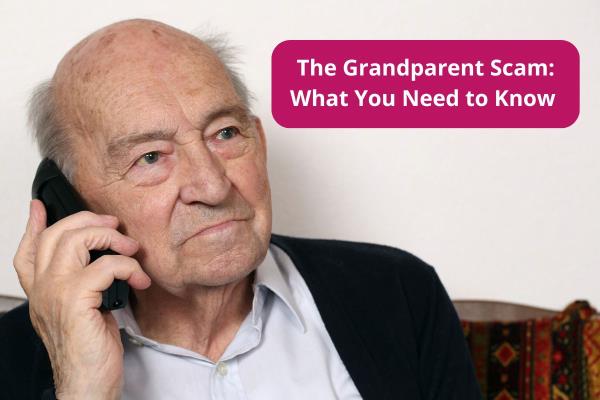Louisiana is known for its hot and humid summers, especially between June to September. The high humidity can make the heat feel much hotter than it actually is. For an elderly person, this can be dangerous. If you are a caregiver, knowing the signs and facts of possible heat risks can be very beneficial to you and your loved one. As temperatures soar, people of all ages need to know how to prevent heat exhaustion, heat cramps, and heatstroke. Even a short time spent exposed to extreme heat and sun can lead to a heat-related illness.
Prevention tips on how aging adults can stay cool in hot weather:
- Drink plenty of cool water throughout the day, avoiding caffeine and alcohol. Even if you do not feel thirsty, you should still drink.
- Place a cool washcloth on the back of the neck and rewet it frequently.
- Remain indoors during the heat of the day.
- Close the shades during the hottest part of the day. This helps to keep the house cool.
- Eat cooling snacks such as popsicles and fruits that hydrate you to help regulate your body’s temperature.
- Take a cool shower, bath, or sponge bath.
- Wear lightweight, light-colored cotton clothing. This makes it easier for your body to adjust to the temperature throughout the day.
- Avoid strenuous activities.
- Move to an air-conditioned place.
As people age, they become more susceptible to health illnesses. This is because aging causes the bones to shrink and muscles to lose their strength and flexibility. Climate change can also have an impact on an elderly person’s health. During the summer months, as temperatures rise, exposure to heat can increase their risk of getting sick. Also, if they have a pre-existing condition such as congestive heart failure or diabetes, their sensitivity to heat can increase, making them more vulnerable to heat-related illnesses. It is the elderly and the very young who are most prone to heat stress.
Several factors can prevent the body from cooling itself off during extremely hot weather. If the humidity is high, sweat cannot evaporate as quickly, which prevents the body from releasing heat immediately. A few more known conditions that can affect the ability to control your body’s temperature are:
- Obesity
- Dehydration
- Mental illness
- Old age
- Youth ages 0 – 4
- Poor circulation
- Alcohol use
If you see someone showing symptoms of heat stress, you should immediately get them to a shady area or air-conditioned place so that you can begin working to help them cool off. You should lay them down, elevating their legs and feet somewhat. Remove any tight or heavy clothing they may be wearing. Try to get them to drink cool water or fruit juice. If the person does not seem to be improving or begins to deteriorate, have someone call 911 for medical assistance while you can continue working to cool their body temperature. Prolonged exposure to heat can increase the risk of getting hyperthermia. Heat exhaustion, heat cramps, and heat stroke are the three forms of hyperthermia. Knowing the warning signs and symptoms for heat-related illnesses can help avoid a dangerous and sometimes fatal situation.
Signs and symptoms:
- Headache.
- Nausea or vomiting.
- Dizziness or faintness.
- The drastic increase in body temperature
- Confusion.
- Heavy sweating.
- Clammy and pale skin.
- Fast and weak pulse.
- Muscle cramps.
- Tired or weak.
If you are an older adult or caregiver, it is essential to know that you should stay hydrated during the summer months, especially during heatwaves. The root of many heat-related problems for the elderly is dehydration. Visiting your loved ones more frequently can help protect them from heat-related stress because it allows you to notice signs of possible heat exhaustion. You can also encourage them to increase their fluid intake and make sure that their medication is not impairing their body’s ability to regulate its temperature. But, if you cannot be there for your elderly family member as often as you would like to, you should consider an in-home care service. An in-home care service will develop a plan that fits your loved one’s lifestyle so that they have the support they need from the comfort of their home while still retaining independence. You can trust that your elderly loved one will be well taken care.
If you are looking for an in-home service near you, Home Instead should be the only choice for you. They are in the Lafayette, Louisiana, area and are highly equipped to handle the tasks your family member is struggling with.



